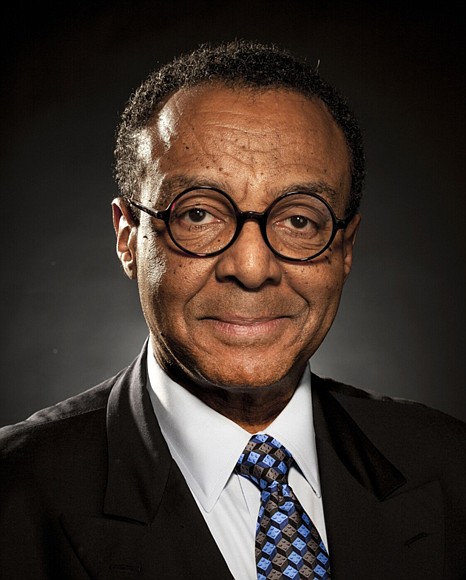A Supreme surprise: How the Right rescued the Voting Rights Act, by Clarence Page
6/29/2023, 6 p.m.
Although largely upstaged by former President Donald Trump’s federal indictment, the Supreme Court’s voting rights decision earlier this month is likely to have a game-changing impact for many years to come.
What the court decided is almost as surprising as who decided it. By a 5-to-4 vote, justices from the conservative and liberal sides came together to reaffirm the court’s 1986 ruling on how legislative districts must be drawn under the landmark 1965 Voting Rights Act, as amended in 1982.
In Alabama, where one in four voters is Black in the state’s seven congressional districts, the justices ruled that the Republican-dominated state legislature had denied African American voters a reasonable chance to elect a second representative of their choice.
A panel of three federal judges, including two appointed by former President Trump and one by former President Bill Clinton, had thrown out the state’s congressional map and ordered lawmakers to draw a new one with two, not just one, districts that are likely to elect Black representatives.
It was the sort of racial gerrymandering case for which the Voting Rights Act was enacted and, in more recent times, weakened by conservatives. Now Alabama will have to redraw its map to include a second predominantly Black district.
Although the ruling does not expand minority voting rights, it doesn’t reduce them either. That’s a net gain for Democrats and other liberals at a time when the Dems feared worse as they try to recover from the loss of their House majority, among other setbacks.
Suddenly, they see new hope coming from an unexpected source, the conservative court of Chief Justice John Roberts, which leaves many wondering why two of the court’s conservatives moderated their opposition enough to let Section 2 of the Voting Rights Act, which prohibits racially discriminatory voting practices, survive.
One was Justice Roberts. He has been a famously outspoken critic of race-based remedies who authored or joined earlier decisions that gutted key parts of the voting law. Justice Roberts declared in a 2007 affirmative action case that “the way to stop discrimination on the basis of race is to stop discriminating on the basis of race.”
Sure, but if it were that easy we wouldn’t need to turn to the Supreme Court to sort it out.
The other was Justice Brett Kavanaugh, a Donald Trump appointee, who leaned toward the belief that the need for Section 2 was fading over time and suggested in his opinion that plaintiffs could try to return in some future case to argue that changing times had rendered the law unconstitutional. I hope I live that long.
Which left many, including me, to wonder why both justices just happened to moderate their opposition enough to let the strongest remaining enforcement section of the Voting Rights Act survive.
I’m intrigued by how Justice Roberts maneuvers as best he can to sound fair and evenhanded in weighing his opinions, as a good, credible chief justice should.
Justice Roberts has long been reported to be extremely concerned about the court’s integrity and credibility, a noble and necessary goal, even when both sides of the political spectrum are shouting at him.
With opinion polls in these polarized times showing the high court’s approval ratings to be in the cellar, I’m sure recent headlines about a billionaire patron providing luxurious gifts to Clarence Thomas—as well as about Justice Samuel Alito’s alleged luxury vacations paid for by a billionaire Republican donor— must cause the chief justice no end of consternation.
I cannot write about the high court without the classic 1901 quote from the “Mr. Dooley” stories of Finley Peter Dunne
coming to mind: “No matter whether the constitution follows the flag or not, the Supreme Court follows the election returns.”
I’m sure the justices might well deny that, but one thing is certain: Supreme Court appointments follow elections. And they last a lifetime. That’s another reason for us, the voters, to pay attention.
Still, there’s another reason why the high court’s conservatives voted to rescue the Voting Rights Act. They’re softening us up before they overturn affirmative action, which also is expected any day now.
If so, that also will be controversial. But nobody should be too surprised.
The writer is a member of the Chicago Tribune’s editorial board and a columnist for the newspaper.







